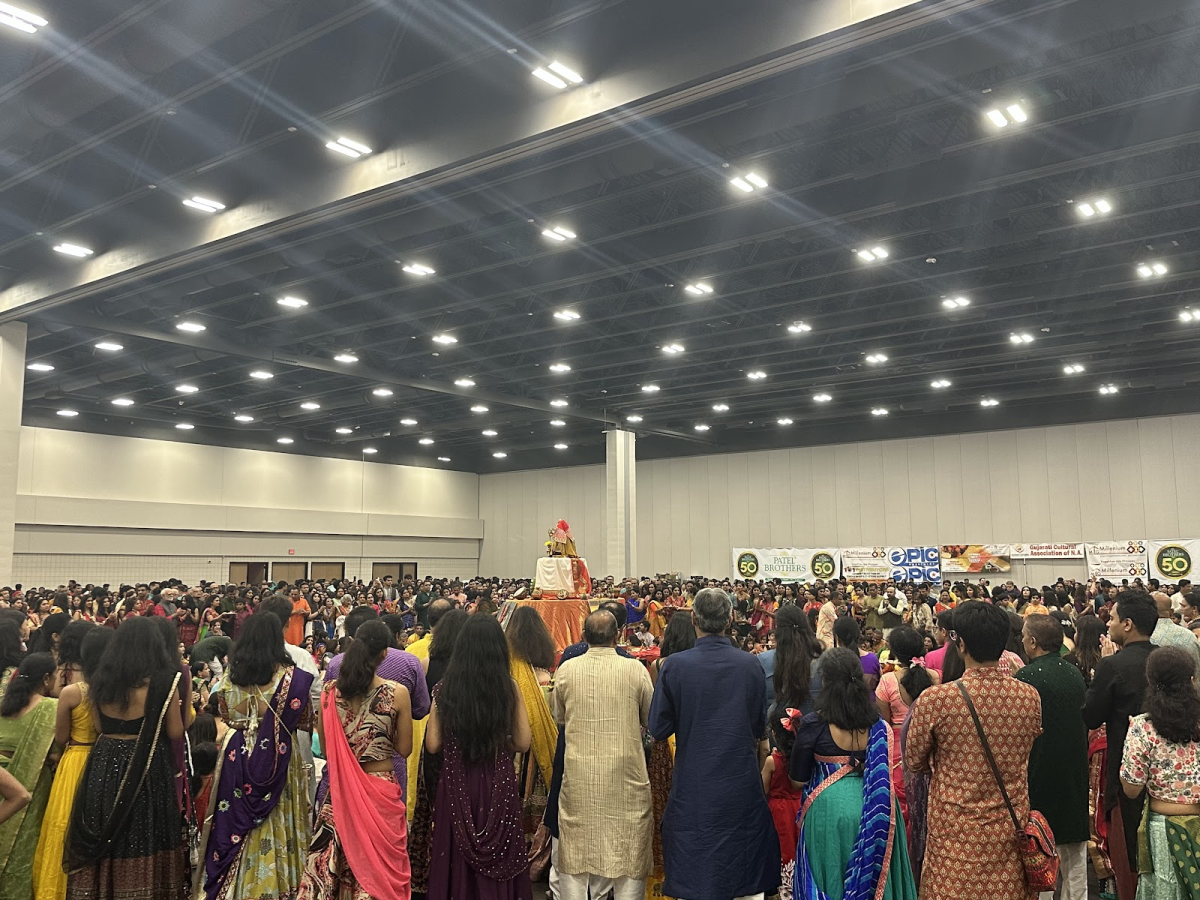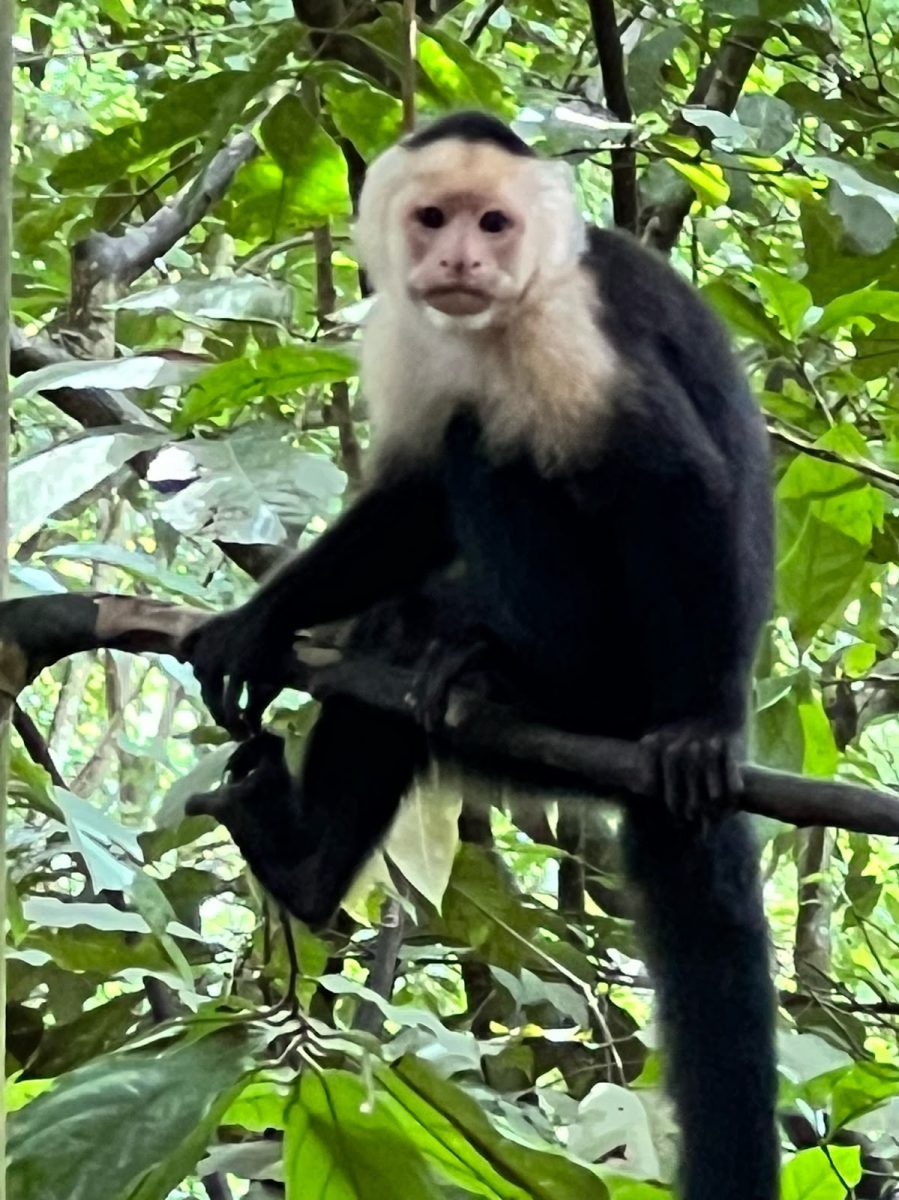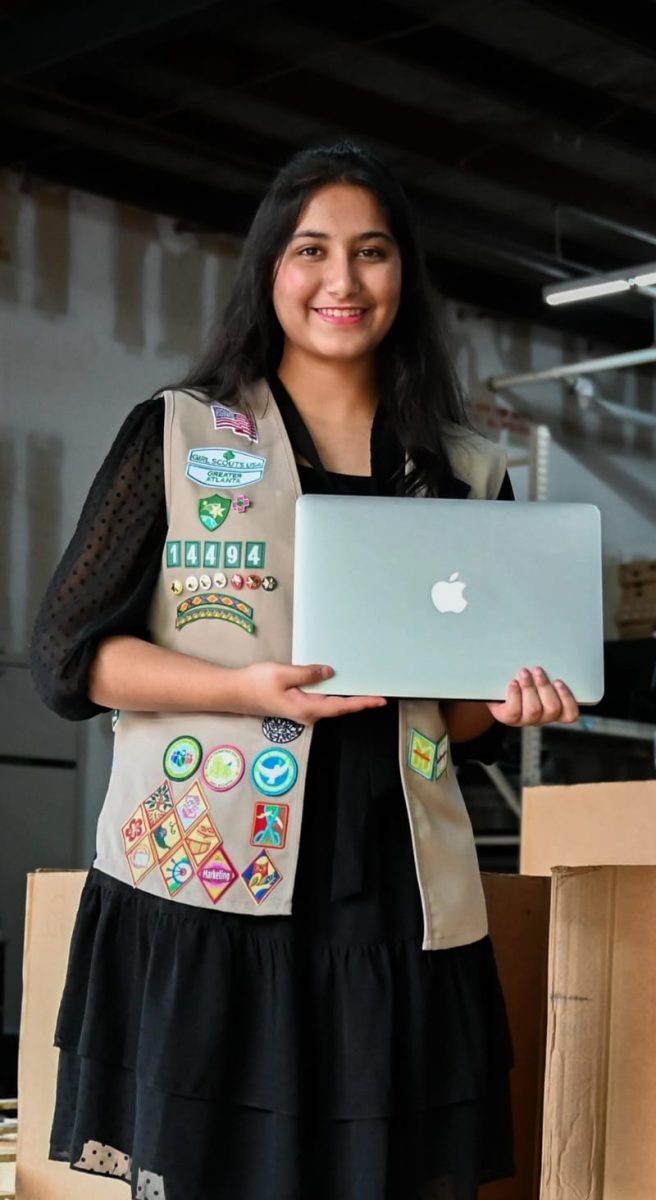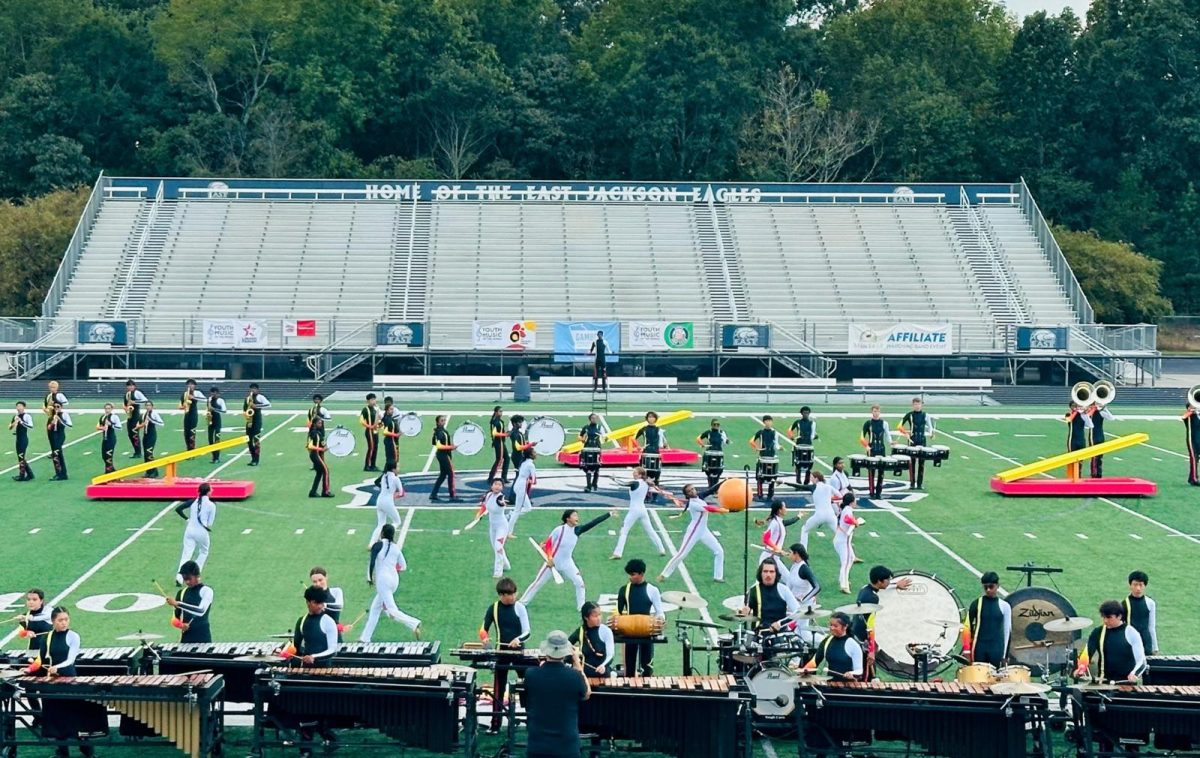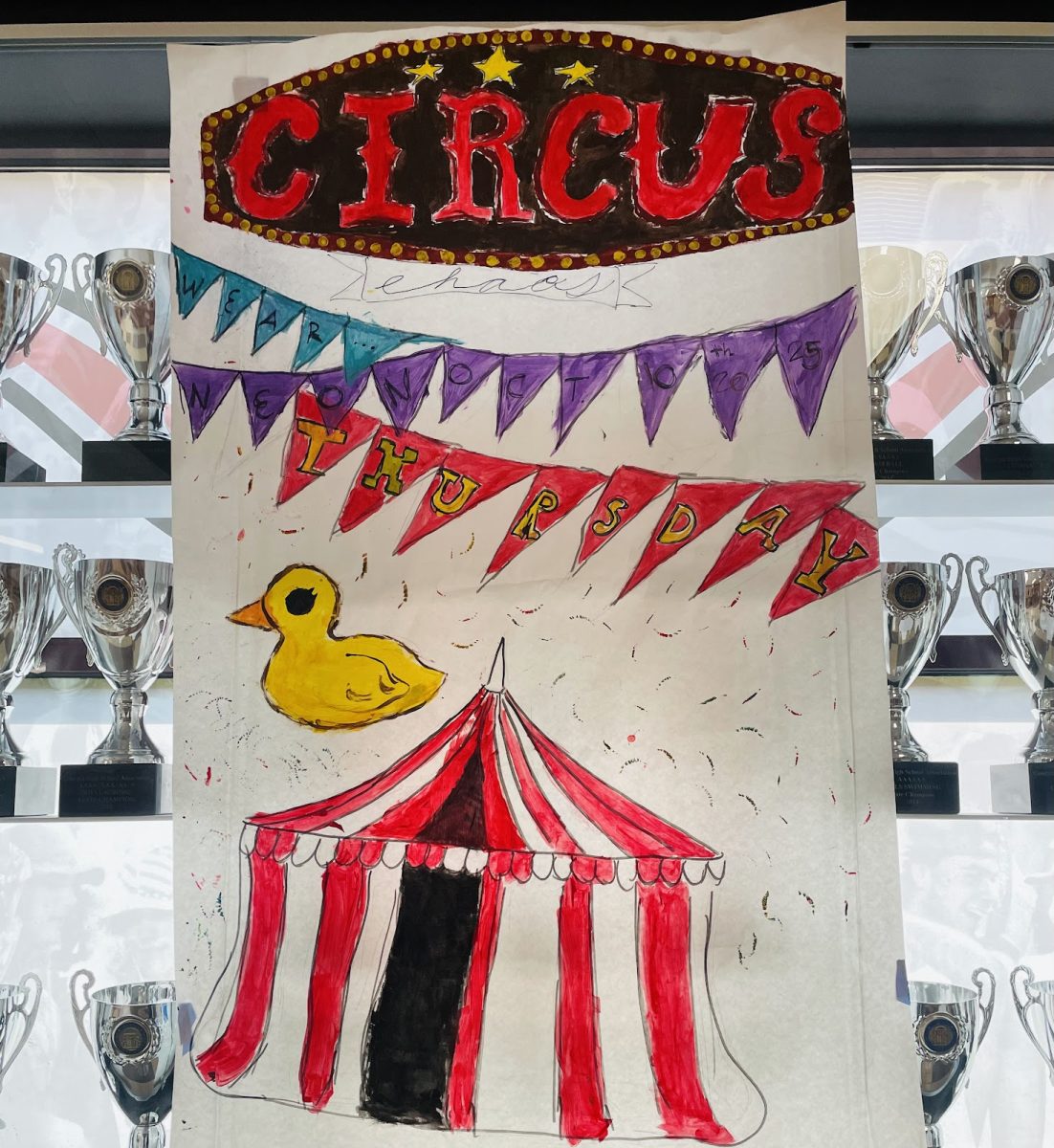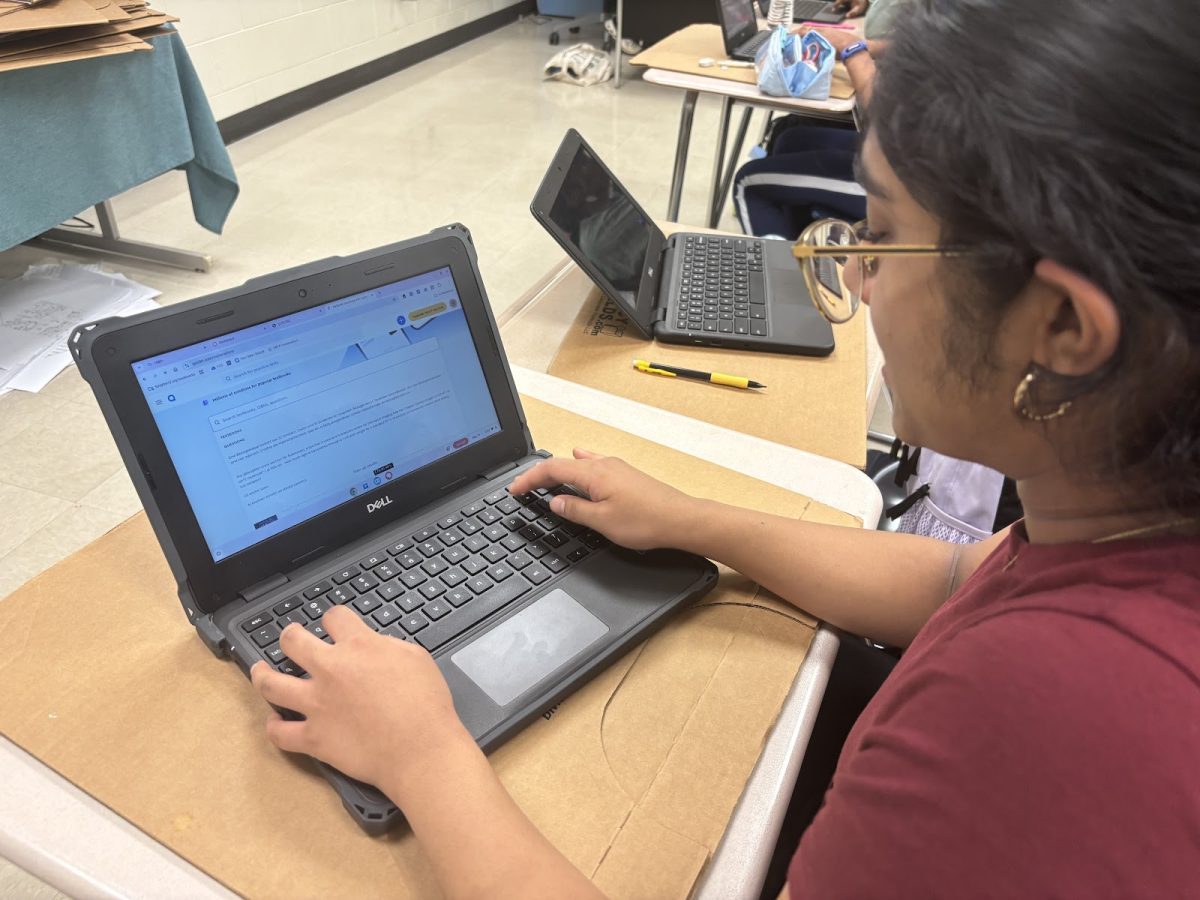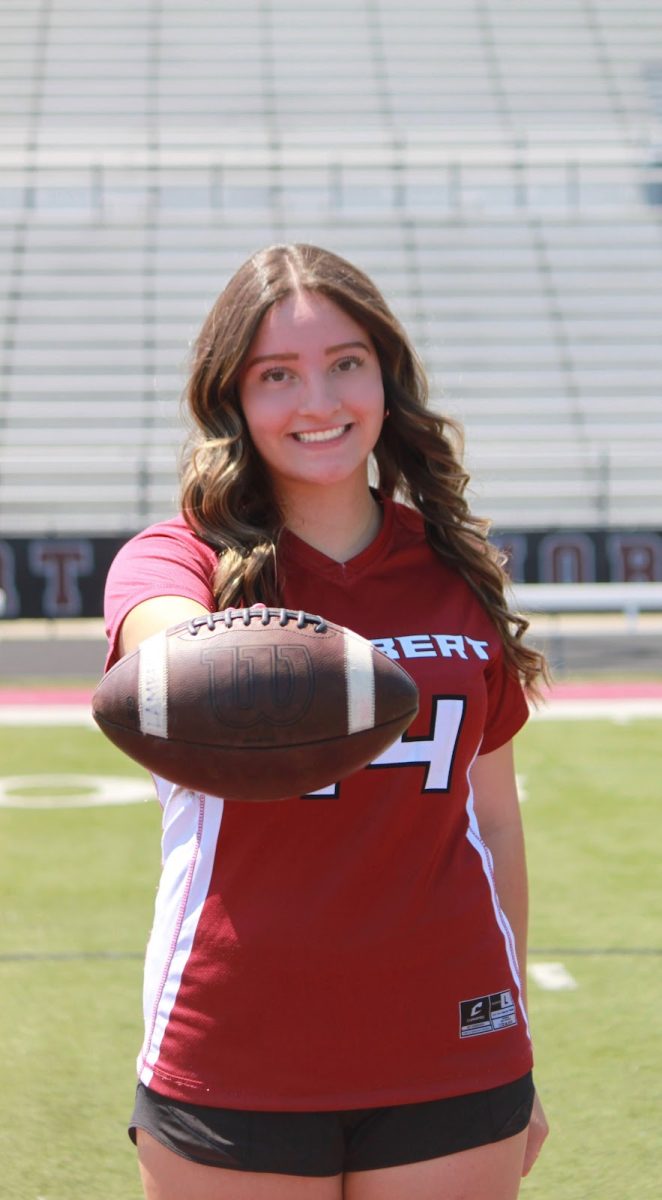As the first week of October approaches, a traditional Indian celebration extending from October third to October 12, called Garba begins. During this period, many Hindus attend this mid-fall festival in honor of the goddess Durga, a major Hindu god of strength and motherhood. This celebration is intertwined with Navratri meaning extended days and Garba which is a traditional dance originating from the state of Gujarat in India.
Each year the events happen during the evening. Events consist of folk dances and gatherings. The holiday is celebrated at many different locations. Locally of the most common places is the Gas South District.
During the festival, there is a huge room dedicated to traditional Indian dancing, music performances and food dishes that are available for purchase.
The dances are characterized by circular movements performed in large gathering groups, including clapping and twirling around a figure in the center representing a goddess. Some dancers also incorporate props including batons known as Dandiyas, which symbolize good versus evil.
When attending this event, many attendees bring out their most vibrant and radiant cultural garments. The outfits are comfortable to dance in and are specific to Garba. This holiday is a wonderful way for the Indian community to get together and celebrate a long extended weekend.
“It’s a religious festival for me where we celebrate God,” sophomore Mahima Jettipatti said. “It’s also an opportunity to embrace our culture and interact with people amongst us, and it’s a great way for our community to bond.”
Many families consider this holiday a fun tradition and attend every year annually.
”Since I was probably like five, I’ve been coming for my whole life,” sophomore Dhruvi Patel said who has been celebrating Garba from a young age.
Aside from dancing and music, there are also other festive activities including food offerings like Prasade which is a type of special food that they grant to the god expressing religious significance.
“Prasade which is a food offering that we give to God,” sophomore Mishti Shah explained. “And then we can get parts of it. It’s considered sacred and good for you.”
It is considered tradition for Mishti to attend every year with her family to give their praises and contributions.
This holiday brings people to connect and reflect on their heritage. This is also a time when people of the culture can take friends to come experience this fascinating culture.
Garba is a cherished celebration that embodies rich cultural significance and community spirit. Through its dancing, culture and diverse intricacies. Garba is a vibrant expression of faith and togetherness, making it a beloved holiday and cultural tradition.



